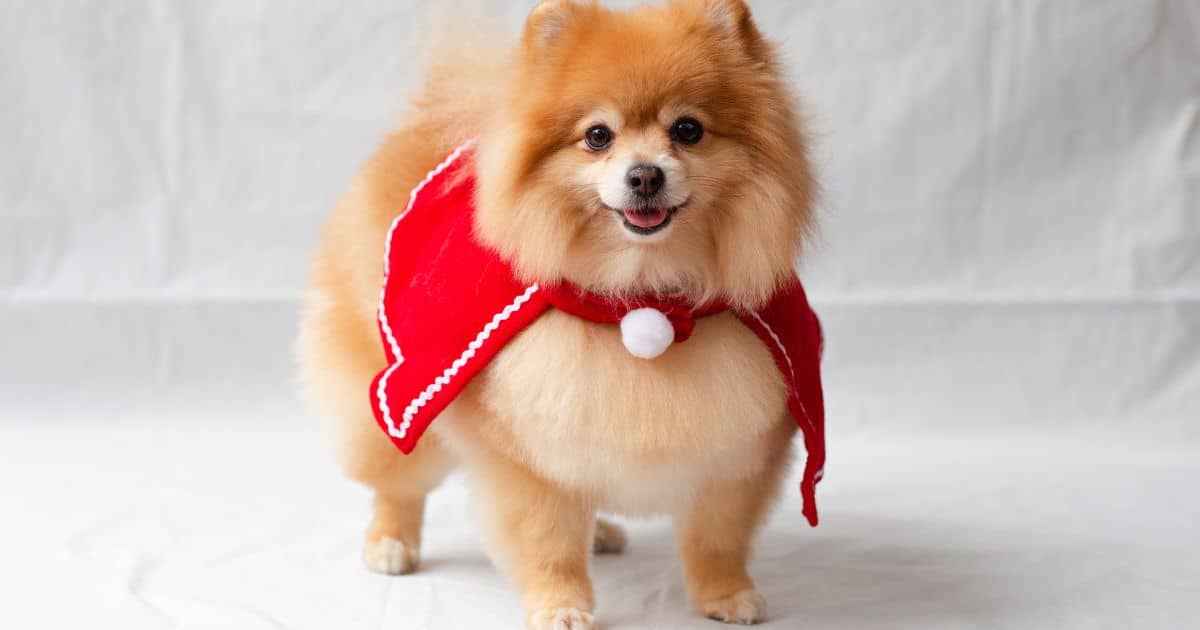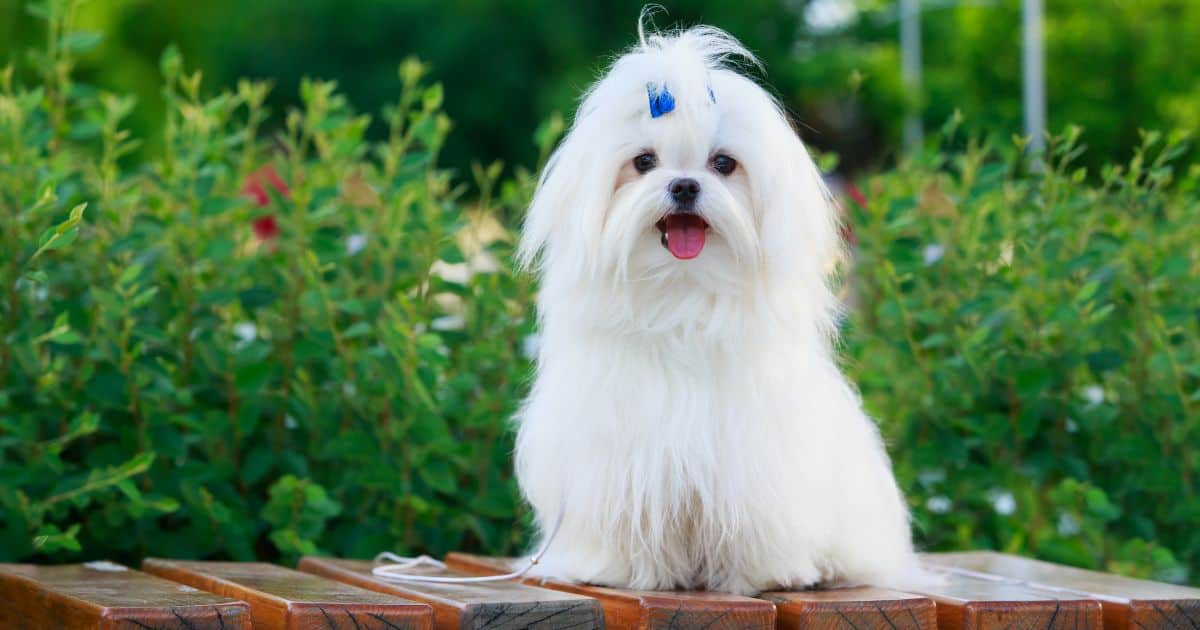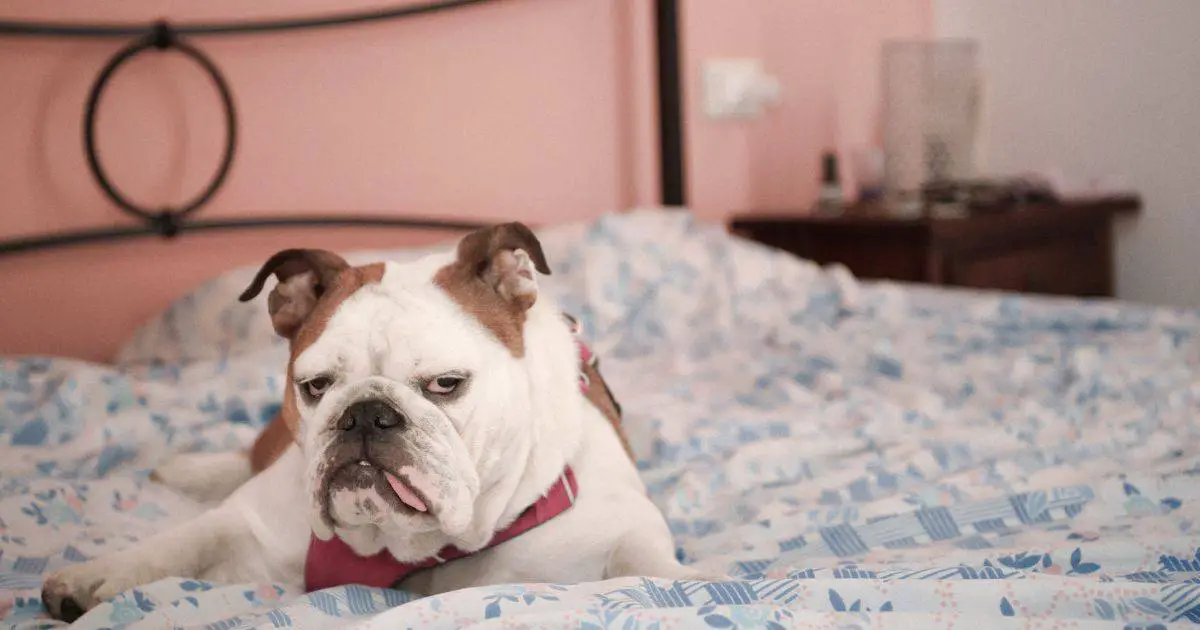Table of Contents
Do bichons smell? This is a question that many potential dog owners ask themselves before bringing home a new furry friend. Bichon Frises are a popular breed known for their fluffy white coats and friendly personalities, but some people worry that their adorable appearance might come with an unpleasant odor. In this article, we’ll explore the topic of bichon frise odor and provide some tips on how to keep your pup smelling fresh and clean.
Understanding Bichon Frise is key to understanding their potential for odor. These dogs have a unique coat that requires regular grooming to keep it healthy and free of tangles. However, even with diligent grooming, some bichons may develop an odor due to a variety of factors. In this article, we’ll take a closer look at some of the causes of unpleasant bichon frise odor, including health issues, diet, and hygiene practices. We’ll also provide some tips on how to keep your bichon smelling fresh and clean, so you can enjoy the company of your furry friend without any unpleasant odors.
Key Takeaways
- Bichon Frises are a popular breed known for their fluffy white coats and friendly personalities, but some people worry that their adorable appearance might come with an unpleasant odor.
- Understanding the causes of bichon frise odor is key to keeping your pup smelling fresh and clean. Factors such as health issues, diet, and hygiene practices can all contribute to unpleasant odors in bichons.
- By following some simple grooming and hygiene practices, you can help keep your bichon smelling fresh and clean, so you can enjoy the company of your furry friend without any unpleasant odors.
Do Bichons Smell?
If you are considering getting a dog, the Bichon Frise is a delightful breed to consider. These small dogs are known for their fluffy white coats and friendly personalities. They are great with children and make wonderful companions for all ages.
Bichon Frises are a breed of dog that originated in the Mediterranean region. They were bred to be companion dogs and are known for their affectionate nature. They are also highly intelligent and easy to train, which makes them a great choice for first-time dog owners.
One of the most common questions people have about Bichon Frise is whether or not they smell. The answer is that, like all dogs, Bichon Frises have a natural odor. However, with proper grooming and regular baths, this odor can be kept to a minimum.
Bichon Frises are also hypoallergenic, which means they are a great choice for people with allergies. Their coats do not shed, which makes them a great choice for people who want a dog but do not want to deal with pet hair all over their home.
Overall, Bichon Frise is a wonderful breed of dog that makes great companions for families and individuals alike. With their friendly personalities, easy trainability, and hypoallergenic coats, they are a great choice for anyone looking for a new furry friend.
Causes of Unpleasant Odor
If you are a Bichon owner, you may have noticed an unpleasant odor coming from your furry friend. The good news is that the cause of this odor is usually not serious and can be easily remedied.
One of the most common causes of unpleasant odor in Bichons is bacteria growth. Bacteria thrive in warm, moist environments, and if your Bichon’s coat is not properly cleaned and dried, it can lead to an overgrowth of bacteria, resulting in a foul smell.
Another cause of unpleasant odor is dirt and sweat. Bichons have a lot of hair, and if it is not properly groomed, dirt and sweat can accumulate, leading to an unpleasant odor. It is important to regularly groom your Bichon to prevent this from happening.
Yeast infections and skin infections can also cause an unpleasant odor. These infections can occur if your Bichon’s skin is not properly cared for, leading to an overgrowth of yeast or bacteria. If you suspect your Bichon has an infection, it is important to take them to the vet for treatment.
In some cases, the unpleasant odor may simply be the natural dog smell. While this smell is not necessarily unpleasant to all owners, it can be bothersome to some. Regular grooming and cleaning can help keep this smell under control.
Overall, the key to preventing unpleasant odor in Bichons is proper grooming and hygiene. Regular baths, brushing, and cleaning can go a long way in keeping your furry friend smelling fresh and clean.
Grooming and Hygiene Practices
As a bichon owner, you know that grooming is an essential part of keeping your furry friend healthy and happy. Regular grooming practices can help prevent matting, tangles, and shedding, and keep your dog’s coat shiny and soft.
Brushing your bichon’s coat frequently can help prevent matting and tangles. A slicker brush is an excellent tool for removing loose hair, dirt, and debris from your dog’s coat. You can also use a comb to remove any tangles or mats that may have formed.
Bathing your bichon once a month with a gentle shampoo can help keep their coat clean and smelling fresh. Be sure to rinse your dog thoroughly to remove any soap residue that may irritate their skin. You can also use a deodorizing spray or powder to help keep your dog smelling clean between baths.
Professional grooming may also be necessary to keep your bichon’s coat looking its best. A professional groomer can help remove any mats or tangles that you may have missed, and can also trim your dog’s coat to keep it at a manageable length.
In addition to coat care, it’s also essential to keep up with your bichon’s hygiene practices. Regularly cleaning your dog’s ears and teeth can help prevent infections and dental issues. You can use a cotton ball or ear cleaning solution to clean your dog’s ears, and a toothbrush and toothpaste specifically designed for dogs to clean their teeth.
Overall, keeping up with your bichon’s grooming and hygiene practices is essential for their health and happiness. By incorporating frequent brushing, bathing, and professional grooming into your routine, you can help keep your furry friend looking and feeling their best.
Health Issues and Their Impact on Smell
As much as you love your Bichon, you may have noticed that they sometimes have an unpleasant odor. While Bichons are generally clean dogs, several health issues can cause them to smell bad. Here are some of the most common health issues that can impact your Bichon’s smell:
- Dental Problems: Bichons are prone to dental problems like tartar buildup and tooth decay. These issues can cause bad breath and make your Bichon’s mouth smell unpleasant.
- Ear Infections: Bichons have long, floppy ears that can trap moisture and bacteria. This can lead to ear infections, which can cause a foul odor.
- Anal Glands: Bichons have anal glands that can become infected or impacted. This can cause a strong, unpleasant odor.
- Skin Problems: Bichons can develop skin problems like itching, skin irritation, and infections. These issues can cause a bad smell.
- Digestive Issues: Bichons can experience digestive problems like gas, vomiting, and frequent urination. These issues can cause a bad smell.
- Health Issues: Health issues like diabetes and heart problems can cause a bad smell in your Bichon. These issues can impact your Bichon’s immune system, appetite, and overall health, which can lead to a bad odor.
If you notice that your Bichon has a bad smell, it’s essential to take them to the vet to rule out any underlying health issues. Your vet can help you identify the cause of the odor and recommend treatment options to help your Bichon smell fresh and clean again.
Diet and Exercise: Their Role in Smell
Maintaining a healthy diet and regular exercise routine not only benefits your overall health but also plays a crucial role in keeping your Bichon’s smell fresh and clean.
A quality diet that is rich in protein, vitamins, and minerals can help improve your Bichon’s digestion and prevent them from developing bad breath and body odor. Carbs are also important for your Bichon’s energy levels, but it’s essential to choose complex carbs over simple carbs to avoid spikes in blood sugar levels.
Chewing can also help improve your Bichon’s breath by stimulating the production of saliva and reducing plaque buildup on their teeth. Providing your Bichon with chew toys or bones can help keep their teeth healthy and their breath fresh.
Regular exercise not only helps your Bichon maintain a healthy weight but also helps keep their skin and coat healthy. Sweating during exercise helps release natural oils that can help keep your Bichon’s coat shiny and smelling fresh. Exercise also helps reduce stress levels, which can contribute to bad breath and body odor.
Prevention is key when it comes to keeping your Bichon smelling fresh. Regular grooming, including bathing, brushing, and trimming, can help remove pollen, dust mites, and other allergens that can contribute to bad smells. Using natural oils, such as coconut oil or lavender oil, can also help keep your Bichon’s coat moisturized and smelling fresh.
In conclusion, a healthy diet and regular exercise routine are essential for maintaining your Bichon’s overall health and keeping them smelling fresh. By providing your Bichon with a quality diet, chew toys, and regular exercise, you can help prevent bad breath and body odor and keep your furry friend happy and healthy.
Dental Care for Bichons
Maintaining proper dental hygiene is crucial for the overall health of your Bichon. Just like humans, dogs can suffer from dental problems such as plaque buildup, gum disease, and tooth decay. Here are some tips to keep your Bichon’s teeth and gums healthy.
Toothbrush and Toothpaste
Brushing your Bichon’s teeth regularly is the best way to prevent plaque buildup and keep their breath fresh. Use a soft-bristled toothbrush and toothpaste that is specifically designed for dogs. Human toothpaste can be harmful to dogs, so avoid using it.
Dental Chews and Bones
Dental chews and bones can help clean your Bichon’s teeth and freshen their breath. Look for dental chews that are hypoallergenic and made with natural ingredients. Avoid chews that are high in calories or contain artificial preservatives.
Gum Care
Gum disease can lead to tooth loss and other health problems in dogs. Regularly check your Bichon’s gums for signs of redness, swelling, or discharge. If you notice any of these symptoms, consult your veterinarian.
Dental Hygiene
In addition to brushing their teeth, there are other steps you can take to maintain your Bichon’s dental hygiene. Regularly clean their food and water bowls to prevent bacteria buildup. Avoid feeding your Bichon table scraps or sugary treats, as they can contribute to dental problems.
Hypoallergenic Dog Shampoo
Regular grooming is important for your Bichon’s overall health. Use a hypoallergenic dog shampoo to prevent skin irritation and allergic reactions. Avoid using human shampoo, as it can dry out your Bichon’s skin.
Maintaining good dental hygiene is essential for your Bichon’s health and well-being. By following these tips, you can help prevent dental problems and keep your Bichon’s teeth and gums healthy.
FAQs
What are some small dog breeds that don’t smell or shed?
If you’re looking for a small dog breed that doesn’t smell or shed, you might consider a Maltese or a Shih Tzu. Both breeds are known for their hypoallergenic qualities and lack of shedding.
How often should I bathe my Bichon?
Bichons have a double coat that requires regular grooming to keep them looking and smelling their best. It’s recommended that you bathe your Bichon every four to six weeks to keep their coat clean and healthy.
Are there hypoallergenic dogs that don’t stink?
Yes, there are several hypoallergenic dog breeds that don’t have a strong odor. Some examples include the Poodle, the Bichon Frise, and the Maltese.
Which dog breeds smell the least?
Some dog breeds that are known for having a low odor include the Basenji, the Siberian Husky, and the Shiba Inu.
What are the drawbacks of owning a Bichon?
While Bichons are great family pets, there are some drawbacks to owning one. They require regular grooming and can be prone to health issues such as allergies and dental problems.
Is there a dog breed that doesn’t have a strong odor?
Yes, there are several dog breeds that don’t have a strong odor. Some examples include the Greyhound, the Whippet, and the Italian Greyhound.




Leave a Reply
You must be logged in to post a comment.